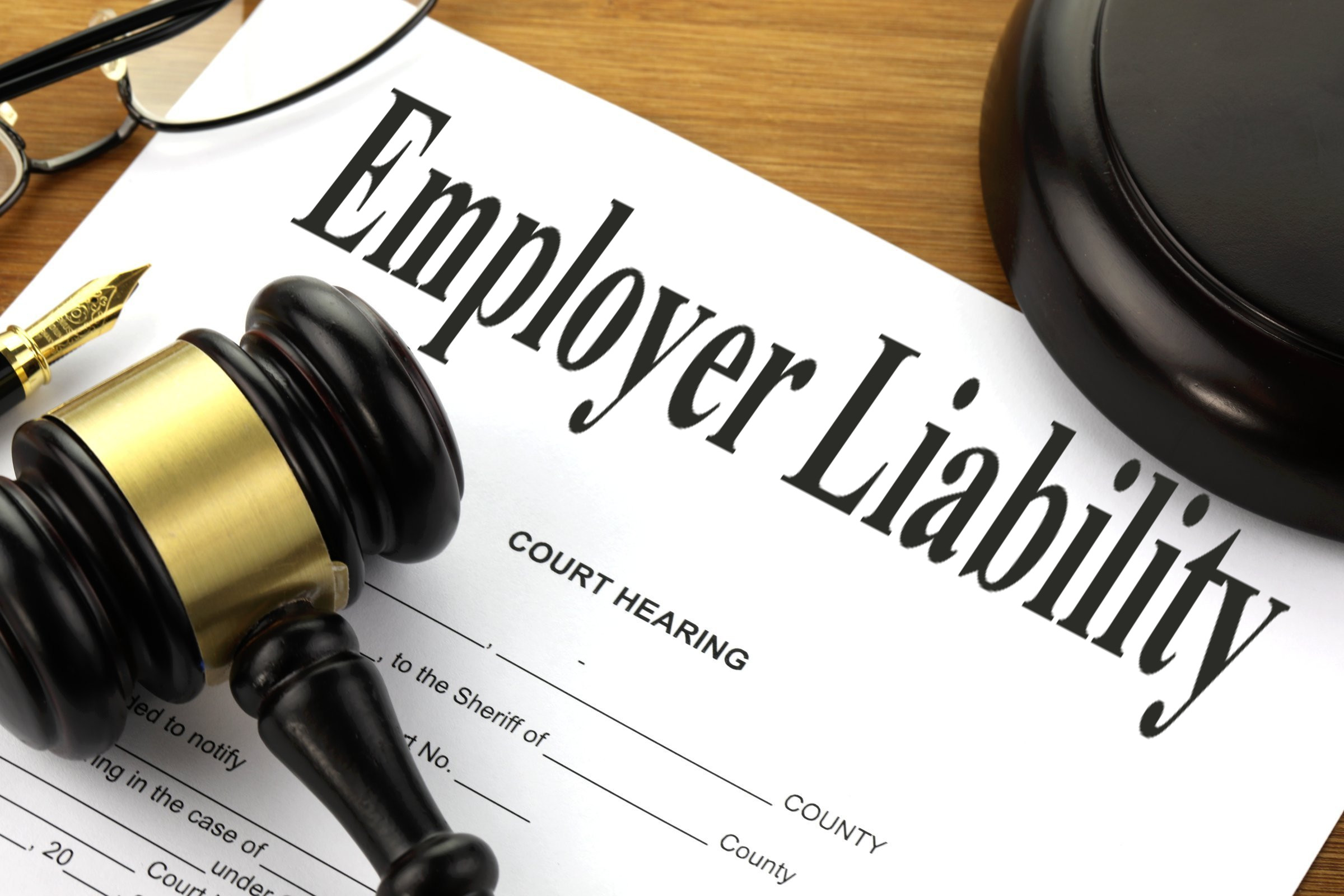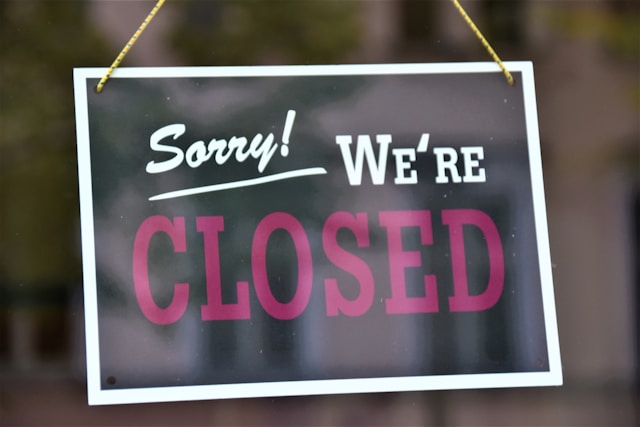I’ve noticed something funny about South African businesses—big ones, small ones, even the startups working out of someone’s converted garage in Randburg. Everyone thinks they understand Employer Liability… until something goes wrong.
And then suddenly the WhatsApp groups light up with panicked messages like, “Wait, are we liable for that?” or “But he wasn’t even on duty!”
To be fair, it’s not entirely their fault. Employer Liability sounds like one of those legal terms you only worry about when SARS or a lawyer gets involved.
But in reality, it’s baked into the everyday rhythm of running a business here. Whether you’ve got two employees or two thousand, the risks don’t scale politely—they’re everywhere, hiding in small moments you stop noticing.
The misconception that catches almost everyone
Here’s the thing: most business owners genuinely believe that if an employee “messes up,” the company is automatically shielded unless the employer directly caused the issue.
But that’s not how it works here. South African law has this long-settled principle—vicarious liability—which basically says you’re responsible for what your employees do in the course of their work, even if you were nowhere near the scene.
I once spoke with a business owner (I’ll leave out names, but let’s say their office is somewhere on the Rea Vaya bus route). His driver reversed a company bakkie into a client’s gate. A silly accident. Happens.
Except he didn’t realise the client’s gardener was standing behind the gate at the time. The gardener ended up with a fractured wrist, and the employer’s reaction was basically, “But I wasn’t the one driving.”
That’s exactly the scenario liability cover is made for. And yet… he didn’t have Employer Liability included in his policy. The claim landed squarely on his own balance sheet. He still winces when he talks about it.
“But the employee wasn’t following instructions” (A classic misunderstanding)
A surprisingly common argument:
“He did the opposite of what I said—how can I be liable?”
Let me put it bluntly: unless the employee was doing something wildly outside the scope of their job—like your receptionist stealing the company minibus to go clubbing in Sandton—you’re probably still liable.
The law looks at the connection between the act and the job. Not whether the employee is a model citizen.
If your warehouse assistant was told to lift boxes “with a partner,” but decides to be a hero and does it alone… and injures his back… that’s still on you.
I’ve met business owners who try to rewrite reality afterward—“But he knows the rules”—as if the insurance assessor will magically let them off. It doesn’t work that way.
The invisible risks nobody talks about
Some of the biggest Employer Liability claims aren’t even from dramatic accidents. They’re from small, mundane moments.
Things you’d never expect:
- An employee tripping over a laptop charger someone left stretched across a floor in a hurry.
- A junior staff member developing repetitive strain injury because no one thought to adjust their chair height.
- Heat exhaustion from a workspace where the aircon breaks “for a few days” during February in Durban.
- A cleaner slipping on a newly mopped tile that wasn’t signposted (and yes, even internal staff count).
One HR manager once told me their costliest incident came from a forklift driver who tried to swat a mosquito mid-movement. Completely human. Completely unexpected. And absolutely covered under Employer Liability—if you actually have that protection in place.
Where businesses slip: paperwork and assumptions
A tangent, but an important one: South African businesses often assume that “the contract” will save them. You’d be shocked at how many employers still use templated contracts from 2010—or older. Some don’t reference health and safety responsibilities at all.
But even a perfectly worded contract won’t magically exempt you. Employer Liability isn’t about contracts—it’s about responsibility. And unless you can show you took reasonable steps to prevent harm, you’re going to struggle.
I’ve seen businesses produce dusty “Health & Safety Manuals” that no one has read in years. One had a section recommending employees “avoid prolonged use of fax machines.” Fax machines. Honestly.
Why liability cover matters more than people think
There’s this odd optimism South African entrepreneurs have—like, “Ag, it’ll never happen to us.” And then something does, and suddenly the premiums they once complained about feel like a bargain.
Liability cover isn’t just for catastrophic events. It’s also for the slow, creeping costs:
- Medical bills
- Legal fees
- Compensation payouts
- Investigations
- Compliance-triggered costs
- Claims you didn’t even know were possible
When businesses skip Employer Liability, they’re basically betting their entire operation on perfect luck. I’ve yet to meet a business where that pays off long-term.
The uncomfortable truth
If you’ve been in business in South Africa longer than six months, you’ve had at least one “that could have gone badly” moment. Maybe it was an employee slipping down a staircase or someone burning their hand on a faulty kettle in the break room. You remember the moment—you shrug it off.
Except some companies get lucky, and others get a lawyer’s letter.
Employer Liability is ultimately about accepting that people are human. They make mistakes. They get distracted. They trip. They improvise. They try to help. They don’t always follow the manual.
And the law, for better or worse, expects employers to anticipate the chaos of ordinary human behaviour.
Which is fair in theory… until the bill lands in your inbox.









